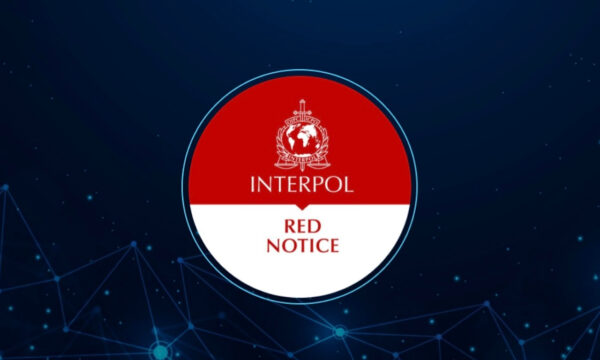How to become a professional German translator

Although there are many translation apps and websites, there is still a high demand for professional German translators. This is because such apps don’t always translate content accurately, and they may not understand the context or nuance. A professional translator can understand the tone used by the speaker or writer and can accurately convey the message to German speakers. But how exactly can one become a professional German translator? Here are some pointers.
Language studies in Europe
Lots of languages are spoken in Europe, but the average person is only able to speak two languages. Reports indicate that the UK economy is at risk of losing 48 billion GBP a year because of a lack of translators. In order to become a good German translator, one first has to learn the language and develop high proficiency speaking it. There are many different ways to learn German – one commonly used route is services like DuoLingo, Termbase or classes online at providers such as LearnGerman.dw.com. It’s important to note that translation is not a regulated career in Germany, so anyone with sufficient skills can become a professional translator.
Immersing in the language
When learning German, it’s commonly said that it’s a good idea to try to immerse yourself in the language. This way, one is able to understand the cultural aspects of the language, as well as some commonly phrases used. A simple way to do this is to watch German films and documentaries. When watching films and documentaries for the first time, it’s worth making sure the subtitles are on, and later content can be watched without to see how much it’s possible to pick up from the dialogue. It may also be useful to listen to German music, and reading literature is a great way to become immersed in the language. Learners should also consider talking to native speakers on social media platforms.
Testing and certification
Although translators are not regulated in Germany, it is essential to become certified as this will convey to employers the capacity to provide accurate work. Services like the American Translator’s Association are able to provide certifications that are respected in the field. It is also worth noting that these certificates result in a listings on online directories, leading to better chances of getting professional translation work.
Gaining experience
In all fields, one needs some experience in order to climb the professional ladder. This is the same for professional translators: those just starting out should try to get translation jobs in local organisations or college departments. While such jobs may not pay much or even at all, they will provide some proof that of ability offering translation services. It’s also worth considering marketing in various places, and this can be done by creating a marketing website.
Conclusion
Becoming a professional German translator is not very complicated. One should first ensure solid proficiency in German, and should then get certified as a translator and try to get some work experience. After that, the next step is to simply market the services offered and get going.
The editorial unit




















Facebook
Twitter
Instagram
YouTube
RSS